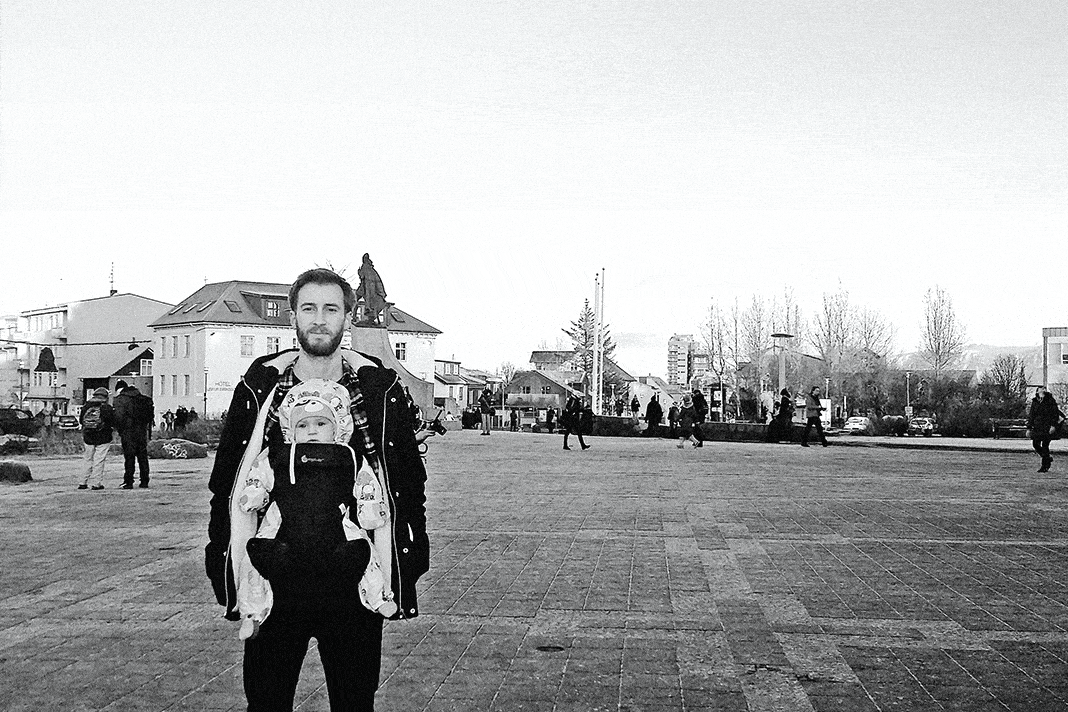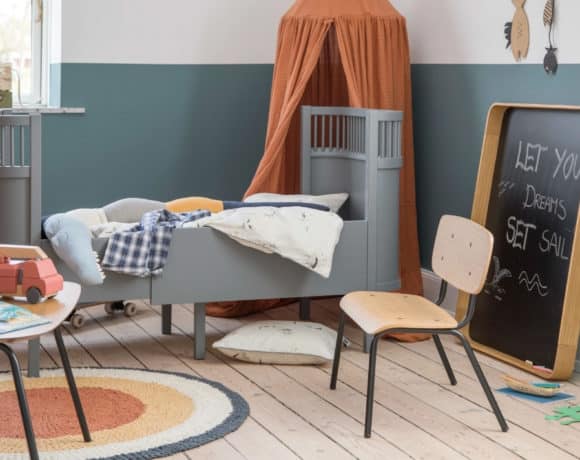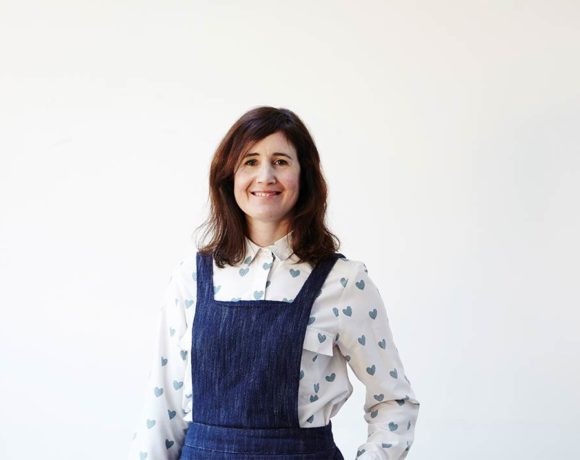Novelist Kat Gordon and her partner opted for equal division of parenting labour. Did it work?
Everyone seemed to be having their babies that weekend, and we ended up stuck in triage for seven hours, waiting for a bed to become available. Worse still, I’d gone forty hours with no pain relief, since my waters had broken at 5 am the previous morning, and we hadn’t slept since then either. I was convinced I was dying; T was convinced the baby was dying (his heartbeat did keep dropping dangerously low). But all things must pass, and after fifty-something hours, he was laid on my chest, tiny (no, actually, not that tiny. How the hell did that head come out of me?), screaming, perfect, vulnerable, mine. No, ours.
I loved N obsessively from the moment I laid eyes on him. When he was really little, and used to fall asleep in anyone’s arms, I would get jealous of whoever was holding him. I wanted him back, I wanted to hold him, and kiss his silky cheeks and rest my chin on his fluffy head. I wanted it to be my finger his hand was curled around. But I let him go, because it’s generally frowned upon to turn your kid into Norman Bates, and because that’s what giving birth is, isn’t it, a form of letting go? They’re yours completely while they’re inside, then suddenly they’re out, and the whole world gets to shape them.
‘Motherhood is nothing if not the pull of equal and opposite forces’

We hadn’t really discussed childcare before he was born, other than to confirm we were both of the mindset that it should be done 50/50. Apparently, we’re not alone in this opinion. A recent Observer piece stated that more than half of men say childcare should be shared equally, yet in 2016 less than 10% were taking more than the statutory two weeks paternity leave (and that’s after the introduction of Shared Parental Leave in 2015), often due to worries about the effect it would have on their careers. But T is a modern man, and a feminist (if only the two were synonymous) and an incurable romantic. Of course he wanted to share everything with me. So he left his job and went freelance so he could be around (my job can be done from home too, so the idea was that we’d enjoy being parents for the first six months or so, then slowly start to develop a schedule, making sure we looked after him and worked in an even split). Besides, after an episiotomy and forcep delivery I was broken for a long time, and T, although sleep deprived, was whole. We concentrated on working together as we tried to make sense of our new shape. Where before we were a straight line, now we were a triangle, always looking towards, always thinking about our third point. While I breastfed, T changed the nappies. While I washed his clothes, T sterilised everything. We both rocked him to sleep; we both sang ’80s classics to him in the bath. It helped that, eight weeks into his life, after reflux issues and dairy and other intolerances that made him scream with pain after every feed, N was put on a hypoallergenic formula. Oh the heartbreak of not being able to feed him from myself anymore; oh the joy of being able to eat ice cream again (motherhood is nothing if not the pull of equal and opposite forces). From that point we were truly equal. I’m so lucky. One of the characters in my latest book is a mother whose role as primary care giver and domestic-in-chief gives rise to feelings of suffocation that poisons her relationship with her oldest child.
Kat’s novel, The Hunters, is published by Borough Press and is available now at all good bookshops

And yet, and yet, there are times when it makes me jealous that I’m not the number one parent.
I hadn’t counted on this possessiveness. I definitely should have foreseen how our personalities would clash when it came to raising N, however. T, being the laid-back soul he is, wanted to be baby-led. I was all for imposing structure. I love a routine. I love being in control of my time (hello, welcome to the opposite of parenthood!). In the end I prevailed, probably because, as I said, T is laid-back. N has regular meal- and naptimes. On the days that I have him we go out at least once, to the farm, to rhyme time, to stay and play, swimming, gym class, play dates. On the days that T has him they stay indoors and T makes up games for him. N loves both styles of parenting, I have to admit, there’s no Mother Knows Best about it (and given that T knows him as well as I do, I can never use that argument anyway).
There were other ways in which we (T more than I) were made to feel that we were, quite frankly, weird. A few people expressed concern when T told them he was leaving his job in order to be more hands on with his son (granted, none of them were our generation or younger). They weren’t worried that his income would be less stable, more that he would be bored, or find it less fulfilling than work (not an issue for me, apparently). There were no other dads in the various baby classes we went to in those first six months. In one, the leader had to change the words to the rhyme we were singing as the normal version only mentioned mother/baby relationships. At least, I said, you’re not immortalised as chattering on the bus while your baby apparently screams his head off. The wheels go round and round indeed.

Now, with N almost ten months old, we’ve got into the rhythm of our routine – work and childcare balanced evenly throughout the week, and weekends as family time. N is gorgeous, happy, cheeky, determined and independent. I’m convinced having so much attention from both of us has been good for him, and I know it’s been good for us. On the days I work I come away feeling refreshed and better able to play with him in the evenings. On the days I look after him I have fun, and I feel our bond strengthening all the time. T feels the same way. We’re massively privileged to be able to live like this, but we shouldn’t be. It should be far, far easier for all families to have this opportunity, because actually, I think in the end, equal parenting is pretty much perfect, if you can learn to let go.






COMMENTS ARE OFF THIS POST